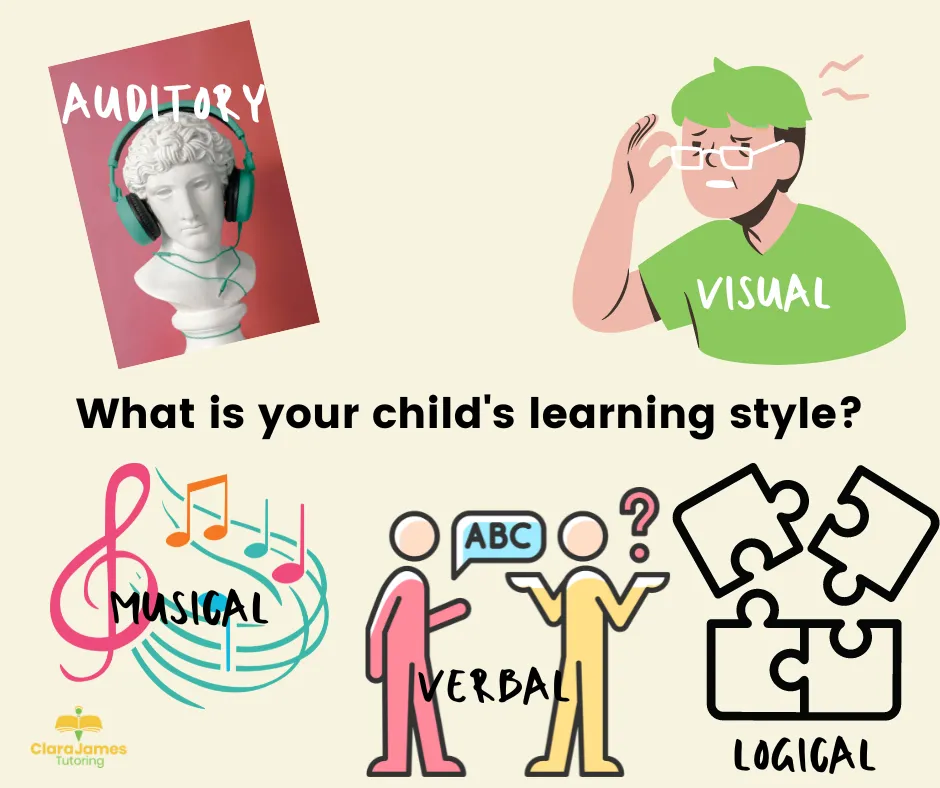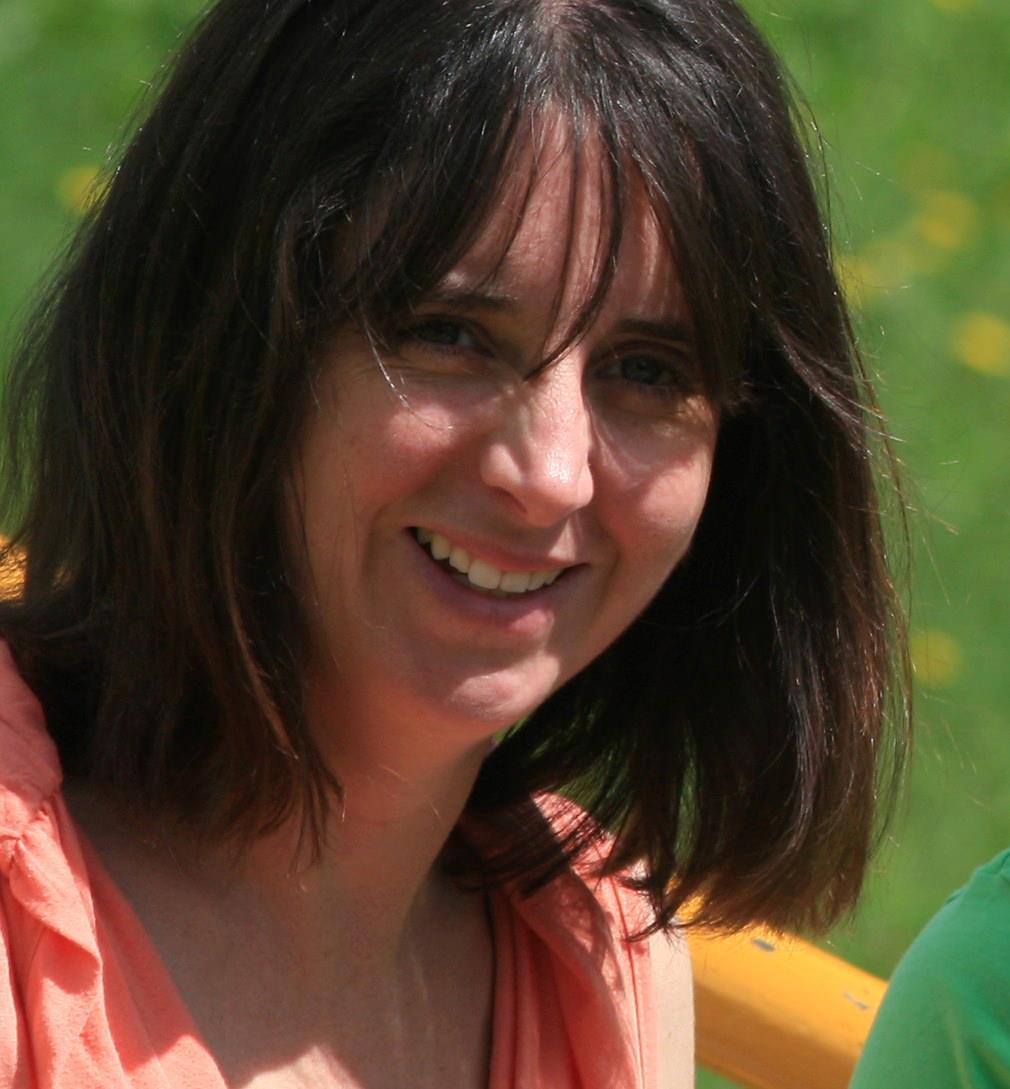
How would you work with my child?
Every child that we work with is different.
From a very young age it was pointed out to me that I'm not as clever as my brother. As an adult, I've come to accept that very few people are.
But I also recognise that my brother and I are very different. I also have 3 children who are also very different, how can we provide a generic program for everyone when we are all so different to each other? We are all entirely unique individuals.

What inspires us is unique to us alone, what motivates us, how we remember things, our starting point and our end goals. Every child is different so every child needs to be supported in a way that is appropriate to them.
We are here to adapt to your needs as much as we can. However, something I learned a few years back whilst on a course about dyslexia (though is relevant to every child) is that if we give a child worksheet to do, they will create a memory. If we give them a second one, we will make that memory stronger. However, by only providing worksheets, they are only creating one place in their brain where they can go to, to find the information.
However, if we provide a range of activities, we are creating a larger number of memories making it easier to recall the information when needed. In addition, by incorporating games, code breakers, word searches, etc. into the lesson we are also, hopefully, making it more engaging and interactive. More enjoyable and less stressful. Hopefully in doing so, they will be in a better state of mind to take onboard the information making the sessions more valuable.
However, as I have said before, every child is an individual. Not every child wants to play games, some like the repetition of worksheets, so for those children, we will happily support them in working through a range of different worksheets. We are here to adapt to your needs as much as we can.
If you have any questions, or would like to get in touch about a trial lesson, please do get in touch: [email protected]
